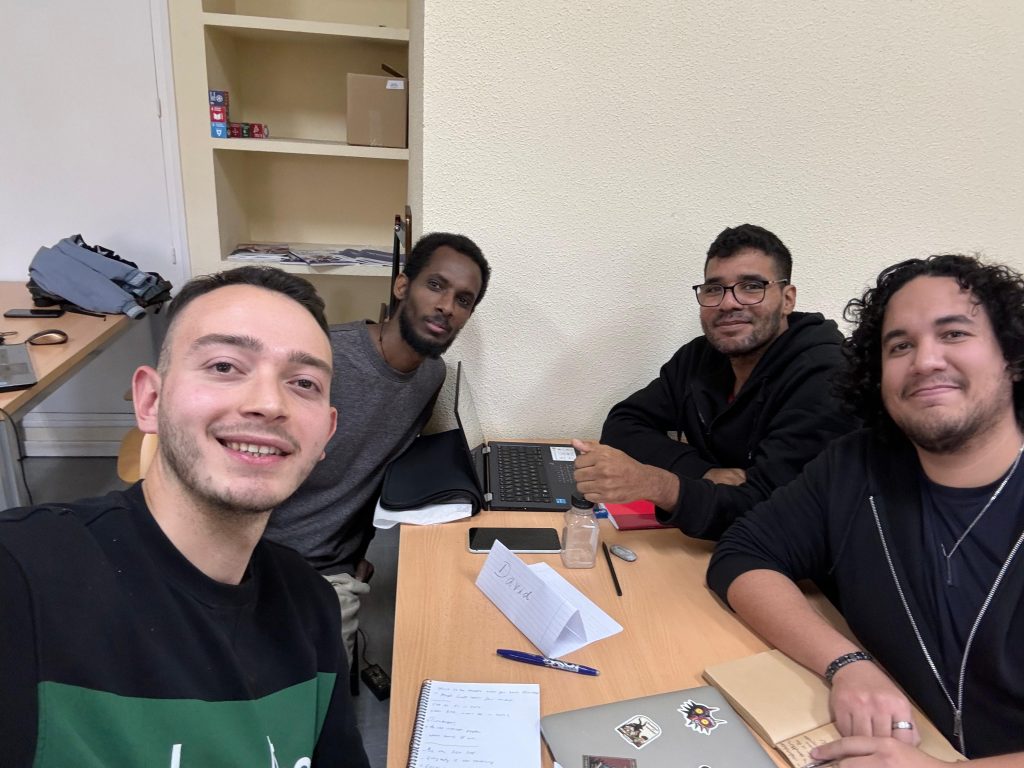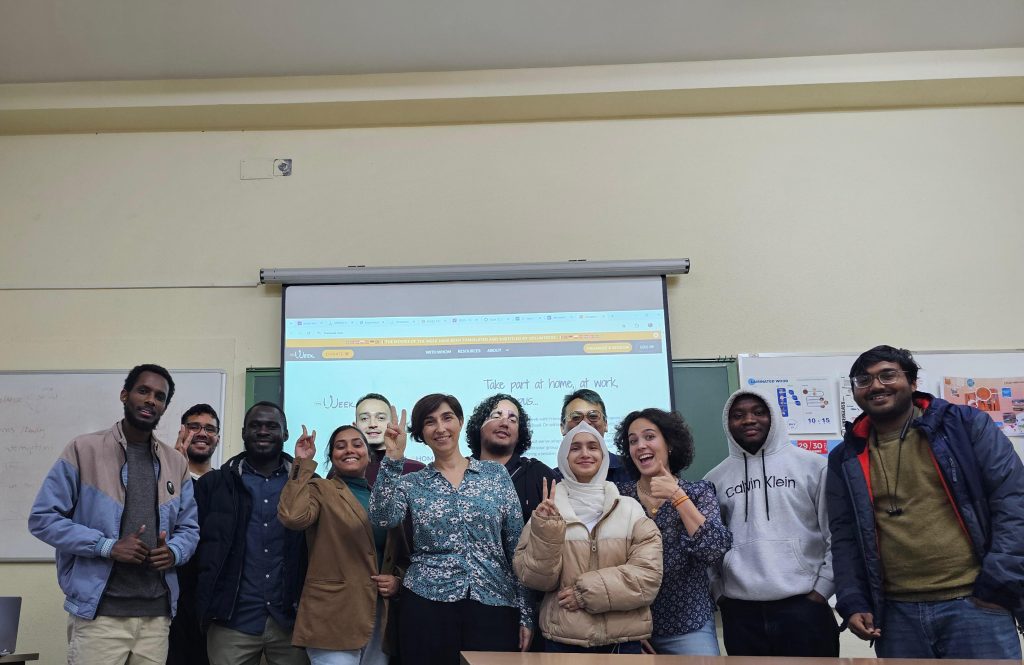Completing the MOOC II on Circular Economy: An Introduction has deepened my understanding of sustainable economic models and the importance of transitioning from a linear economy to a circular one. The course provided valuable insights into the principles of the circular economy, particularly focusing on how businesses can reduce waste, conserve resources, and reintroduce materials into the production cycle through processes like remanufacturing and refurbishment. The butterfly diagram, a key theme throughout the course, helped me visualize how businesses can create value through reuse, repair, and redistribution of products, thus extending their lifecycle and minimizing waste.
The course also highlighted the significant role of design for remanufacturing, ensuring that products are designed with their end-of-life in mind, enabling them to be easily repaired and reused. The real-world examples and case studies, like Coolrec’s recycling process for electrical and electronic waste, made the circular economy more tangible and demonstrated how industries can generate value while protecting the environment.
Moreover, the course introduced the concept of thinking in systems, offering a broader, long-term perspective on how the circular economy can be applied globally. By considering the environmental, economic, and social impacts of production and consumption, the course reinforced the need for a holistic approach to sustainability.
Updating my Personal Learning Environment (PLE) with these insights has been instrumental in shaping my approach to sustainability. I now include tools and strategies to apply circular economy principles in both my personal and professional life, such as promoting sustainable practices in my work and considering the lifecycle of products I use. The course has not only expanded my knowledge of circular economy but also empowered me to become an advocate for sustainability in my community and network. Through this learning experience, I feel better equipped to contribute to building a more sustainable future by adopting circular economy practices.
About ENES SAMED KURT
Enes Samed Kurt is a Turkish civil engineer and an Erasmus Mundus scholar currently pursuing a double master’s degree in Advanced Materials: Innovative Recycling (AMIR) and Circular Economy of Construction Products and Minerals. With extensive experience in sustainable construction, Life Cycle Assessment (LCA), and environmental impact analysis, he is focused on integrating eco-friendly practices in industrial operations, especially in demolition and recycling. Enes has held research internships in France, specializing in materials LCA, and has a solid background in interdisciplinary projects aimed at promoting the circular economy and sustainability within construction.


